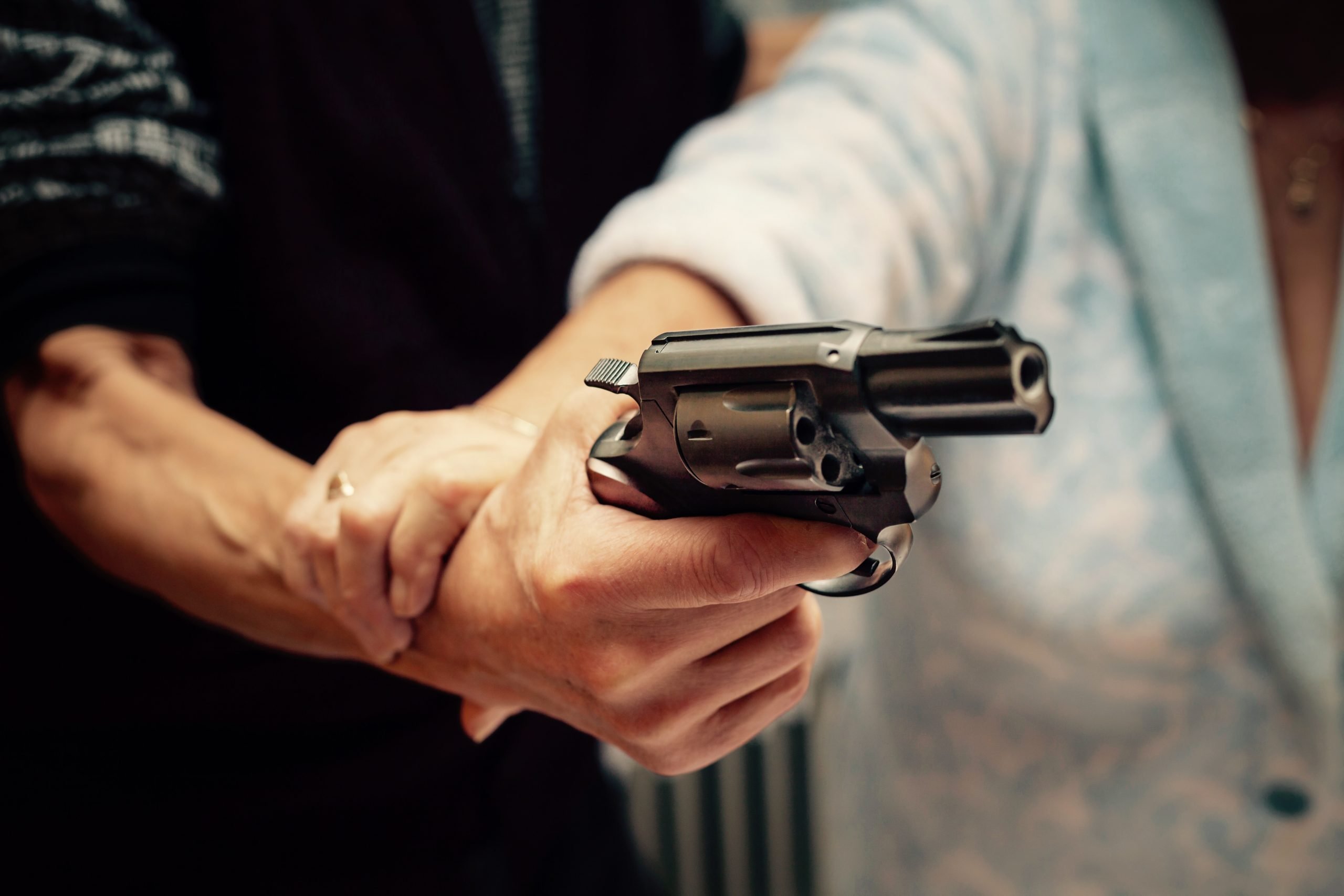Domestic abusers in Pennsylvania currently have 60 days to turn over their guns following a conviction. A bill pending in the state Legislature would narrow that window to 24 hours. The legislation would also refine the state’s gun-surrender procedure, requiring firearms to be turned over to law enforcement instead of to a friend or relative.
If the bill passes, Pennsylvania would be the eighth state to shore up protections for victims of domestic violence. [Update: After this post ran, Rhode Island lawmakers sent a similar measure to their state’s governor, following a three-year legislative fight.]
Federal law prohibits anyone convicted of misdemeanor domestic violence or subject to a permanent order of protection from owning a firearm. But it largely leaves enforcement up to state and local authorities, and doesn’t provide a procedure for confiscating guns that abusers already own.
Gaps in the federal statute also leave categories of domestic-violence victims vulnerable: The “boyfriend loophole” excludes current or former romantic partners who don’t live together or have a child in common from a gun prohibition. And the federal gun ban for abusers only kicks in with a permanent restraining order, despite evidence that temporary orders of protection can escalate the behavior of batterers who fear they are losing control of their victims.
More than half of the 2,000 people killed per year in domestic-violence incidents die from a gunshot. An estimated 4.5 million women in the United States have been bullied or coerced with a firearm by an intimate partner, a phenomenon known as coercive control.
This year’s crop of state laws follows others passed over the past few years to strengthen protections for domestic-violence victims. Three moved through capitals where both the legislatures and governor’s offices are controlled by National Rifle Association-aligned Republicans. At a time when progressive priorities are blocked or imperiled from the White House to the county commissioners’ office, bills addressing domestic violence and guns represent an opportunity for bipartisan achievement.
Here are the states that have already passed laws this year addressing domestic violence and guns, and what the new statutes do.
- Washington became the first state to enact a law requiring law enforcement to notify victims of domestic violence when their abuser fails a gun background check.
- Louisiana added dating partners to the categories of abusers banned from owning guns. Before August 1, someone arrested for domestic abuse or served with an order of protection in Louisiana only qualified for a gun ban if he and the victim had a child in common, or were married or living together.
- North Dakota’s Republican governor signed a law authorizing the arrest of abusers who don’t surrender their guns. The state now also requires courts to forward protection-order information to FBI databases and local police.
- Utah banned subjects of permanent protection orders and anyone convicted of misdemeanor domestic assault from acquiring guns.
- New Jersey’s Republican governor signed a law similar to Utah’s, but one that also includes an additional provision ordering and establishing a procedure for the surrender of guns already in abusers’ possession.
- Tennessee also established a procedure for the surrender of guns in the possession of convicted abusers.
- Maryland prohibited gun possession for people who receive probation for second-degree domestic assault.
For Pennsylvania to be added to that list, its bill must first pass through the Republican Legislature. The measure has been stalled in a state Senate committee, but last week local gun-violence-prevention activists launched a late-summer push to encourage lawmakers to take it up.
Nicole Molinaro Karaczun of the Women’s Center and Shelter of Greater Pittsburgh told Pittsburgh’s NPR affiliate that the bill’s passage is critical, as many domestic-violence shootings occur during Pennsylvania’s 60-day gun-surrender window.
“We know that guns and domestic violence are absolutely a deadly combination, and the current law is just not enough,” Karaczun said.

